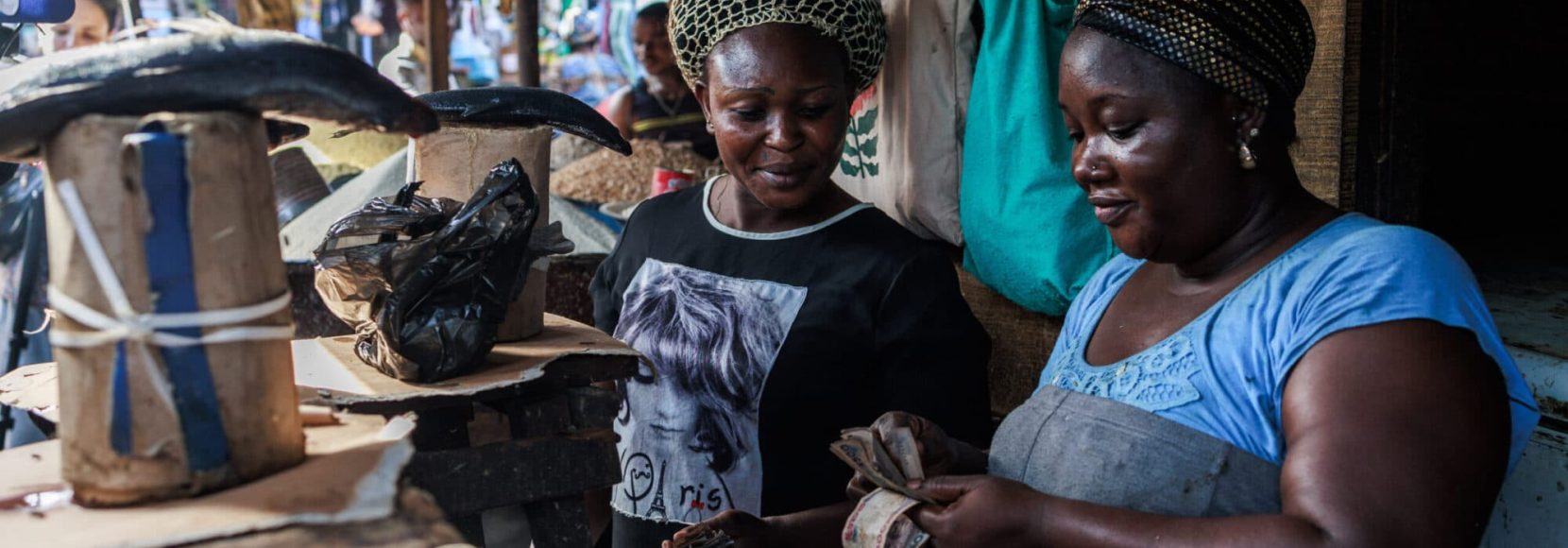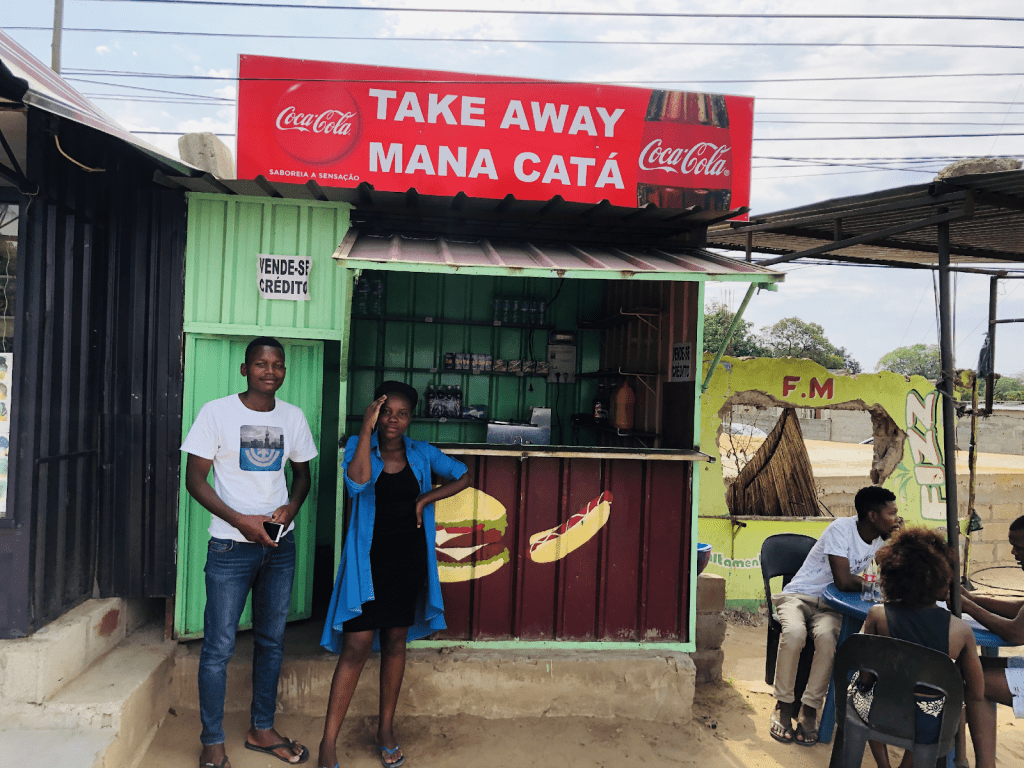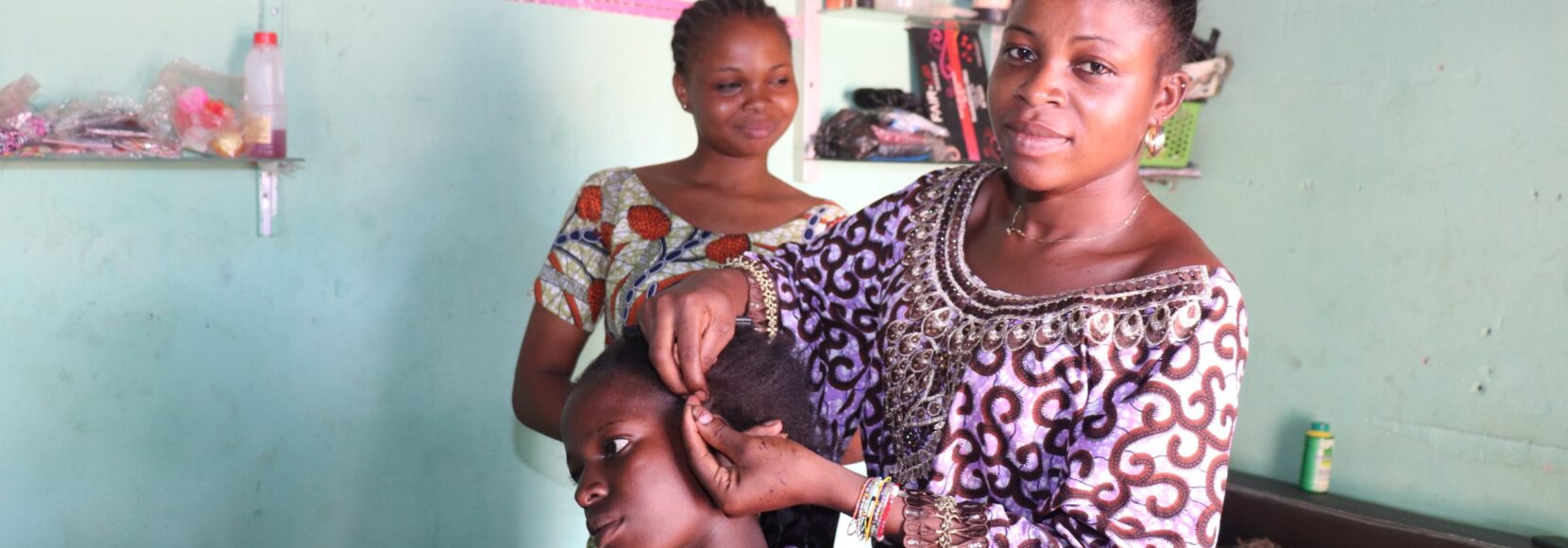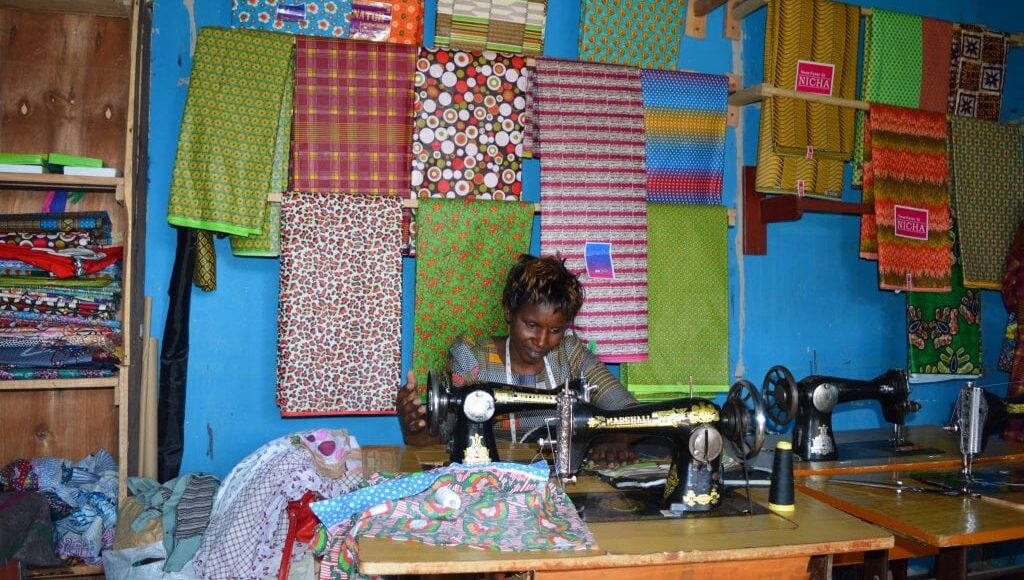
How Small Businesses Can Help Buffer Developing Countries Against a Global Recession
TechnoServe's Global Entrepreneurship Director Juan Carlos Thomas discusses how governments, development agencies, and the private sector can leverage the unique economic power of small businesses and entrepreneurship.
Editor’s Note: This post was originally published by The Messenger.
The alarm bells warning of an imminent global recession are ringing loudest in low-income countries, where at least 40% of GDP comes from small and medium enterprises (SMEs).
For small business owners like Catarina Bié, who runs a food stand in Maputo, Mozambique, and whose livelihood only survived the COVID-19 pandemic because of a dedicated support program, fresh economic uncertainty threatens to derail an already precarious recovery.
Yet, while small businesses are particularly vulnerable to shocks, they also play an outsized role in generating economic activity, representing around 90% of all businesses worldwide.
To minimize the effects of a possible economic downturn on the Global South and to build inclusive economies for the future, governments, development agencies and the private sector should leverage the unique economic power of small businesses and entrepreneurship.
Among the lessons from the pandemic is the importance of agile and responsive initiatives that help small businesses to adapt to new circumstances, creating longer term resilience and securing incomes and livelihoods. This is important not only to weather temporary crises but to create markets stable enough to support the estimated 600 million new jobs that will be needed by 2030.
Such initiatives, which are often a collaboration between governments, the private sector and nonprofits (including my organization, TechnoServe), helped spare hundreds of thousands of families across sub-Saharan Africa from falling into poverty because of the pandemic-related disruptions.

Programs such as Business Women Connect, for example, provided capacity-building and improved access to finance for more than 1,000 women micro-entrepreneurs, like Catarina. Amid the pandemic, it delivered remote training focused on helping entrepreneurs adapt to the crisis, for example, by diversifying the services and products they provided and the way they provided them. As a result, 90% were able to continue operating and providing livelihoods for women in vulnerable communities.
Similarly, the Micro-Enterprises Strengthened for Pandemic Adaptation and Resilience in Kenya (mSPARK) program provided targeted digital support to 28,000 micro and small growing businesses to cope with lockdowns and restrictions.
Supporting programs that help small businesses to survive is not only economically responsible, but it also safeguards the essential goods and services — including food — that they provide to the population at large, as the impact of a downturn starts to squeeze household budgets.
SMEs represent an estimated 80% of the midstream in Africa’s agricultural value chains, connecting farmers to retailers, so investing in their resilience is also critical to maintaining food supplies and markets.
During the COVID-19 pandemic, these SMEs faced challenges created by lockdowns and restricted movement. Today, they face the pressure of the rising cost of crops and other inputs as a result of climate change, the war in Ukraine and the lingering impacts of the pandemic.
Private sector partners can help on two fronts: 1) by providing access to new and innovative forms of financing, and 2) by helping SMEs build their skills to reduce their vulnerabilities.
This was the experience of Omega Foods, a grain milling business in Chongwe, Zambia. The pandemic decimated the company’s distribution channels and nearly forced it to shut down its production lines. But an emergency grant and training on inclusive sourcing and distribution allowed it to not only stay open but increase its workforce by more than 30%.
Finally, reinforcing the resilience of SMEs is a way to ensure the most vulnerable populations are not further left behind by the looming economic crisis.
Women account for more than half of the informal economy and are more likely to be involved in SMEs. Investing in initiatives to support women-led businesses can provide a more equitable buffer against economic shocks while also maximizing the value of SMEs.
In Mozambique, for example, 60% of those economically active within small and informal businesses are women, who typically have smaller enterprises and lower headcounts, while often facing gender-related barriers to resources.
A five-year Women in Business program to increase access to information, financial services and resources has helped to level the playing field for women entrepreneurs while also building greater economic resilience more broadly. The program has supported the economic empowerment of more than 40,000 women entrepreneurs.
Meaningful economic activity is critical to building the resilience needed to support long-term inclusive development, which becomes even more important at times of economic uncertainty.
Supporting entrepreneurs and small businesses is an effective route to supporting those often excluded from the formal economy: women, young people and rural communities.
Investing in initiatives that equip SMEs to withstand the next shock on the horizon will help to shorten the crisis for those who can already least afford it.
Juan Carlos Thomas is the global entrepreneurship director at TechnoServe, an international non-profit that aims to address poverty through projects working with low-income communities in the Global South to develop business skills, as well as help access markets and finance.





